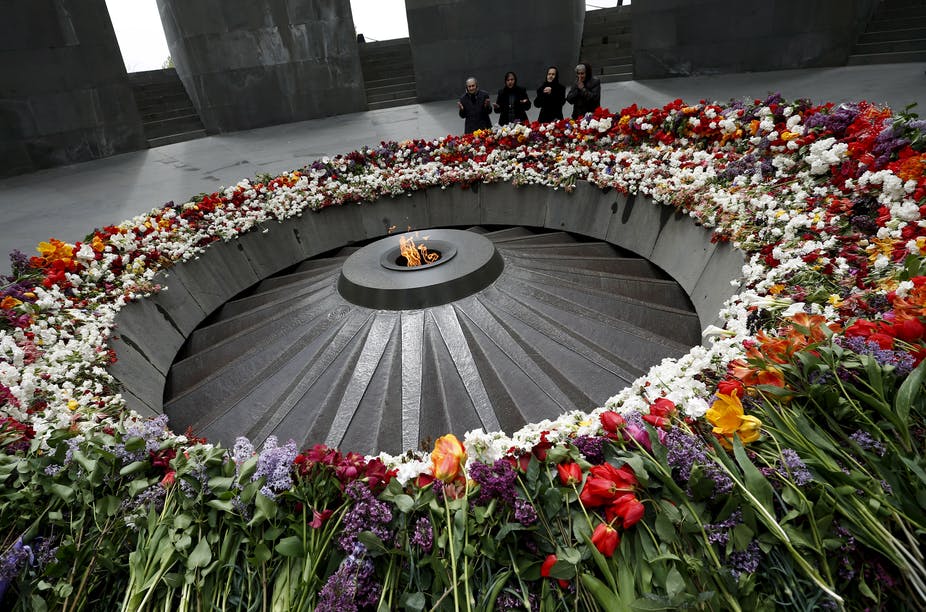
Armenian Genocide Remembrance Day




Raul Hilberg’s path-breaking 1961 study The Destruction of the European Jews rightfully remains on the reading list of any serious student of the Holocaust. Nonetheless, Hilberg’s insistence on European Jews‘ alleged “almost complete lack of resistance” has been subjected to frequent scholarly criticism. He partially based this claim on a cursory reading of petitions: “Everywhere, the Jews pitted words against rifles” and “everywhere they lost.”
Continue reading “Do Petitions matter? Rethinking Jewish Petitioning during the Holocaust”Omer Bartov, Brown University
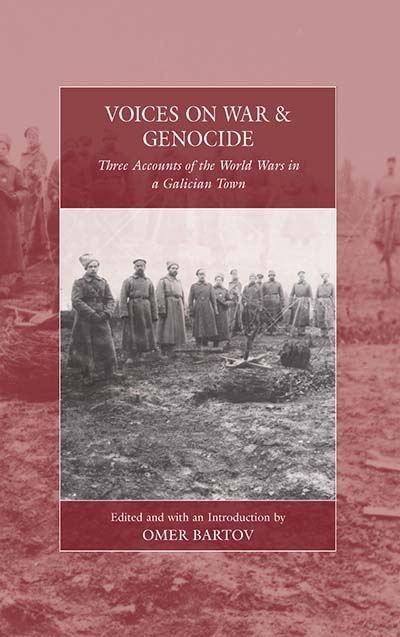
This book is derived from research I carried out for my recent monograph, Anatomy of a Genocide: The Life and Death of a Town Called Buczacz (2018). In the course of looking for documents in scores of archives and libraries, as well as seeking personal accounts that would help me reconstruct the “biography” of a small town in eastern Europe, I found three remarkable diaries about events in Buczacz during the two world wars. While the monograph I was writing attempted to capture the individual voices of the town’s residents as a way of understanding how a community of interethnic coexistence was transformed into a site of communal genocide, it was not possible to bring to light the different protagonists’ personal stories as told from their own perspective. This is precisely what Voices on War and Genocide offers.
Continue reading “Voices on War and Genocide”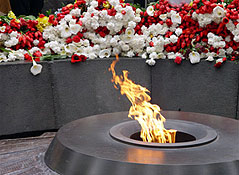 April 24 marks the 103rd anniversary of the Armenian Genocide. Armenian Genocide Remembrance Day is held annually to recognize and mourn more than 1.5 million victims of the Armenian Genocide, the most tragic element of Armenian history.
April 24 marks the 103rd anniversary of the Armenian Genocide. Armenian Genocide Remembrance Day is held annually to recognize and mourn more than 1.5 million victims of the Armenian Genocide, the most tragic element of Armenian history. To mark International Day of Reflection on the 1994 Genocide against the Tutsi in Rwanda on 7 April, we’re offering FREE access to these relevant journal articles from Conflict and Society, Focaal, Journeys, and Social Analysis until April 14.
To mark International Day of Reflection on the 1994 Genocide against the Tutsi in Rwanda on 7 April, we’re offering FREE access to these relevant journal articles from Conflict and Society, Focaal, Journeys, and Social Analysis until April 14.
Continue reading “International Day of Reflection on the 1994 Genocide against the Tutsi in Rwanda”
We’re delighted to offer a selection of latest releases from our core subjects of Anthropology, Educational Studies, Environmental Studies, Genocide Studies, History and Jewish Studies, along with our New in Paperback titles.
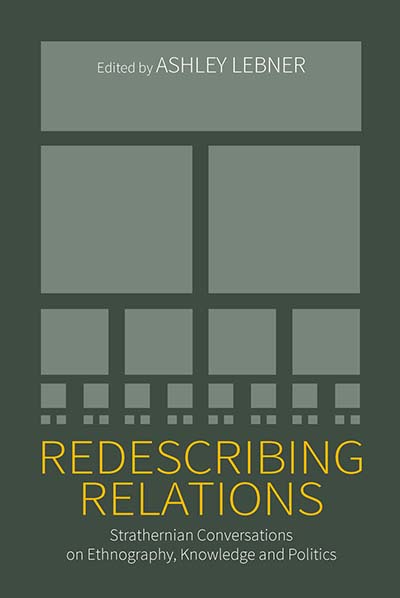 Paperback Original
Paperback Original
REDESCRIBING RELATIONS
Strathernian Conversations on Ethnography, Knowledge and Politics
Edited by Ashley Lebner
Afterword by Marilyn Strathern
Continue reading “SIMULATED SHELVES: BROWSE April 2017 NEW BOOKS”
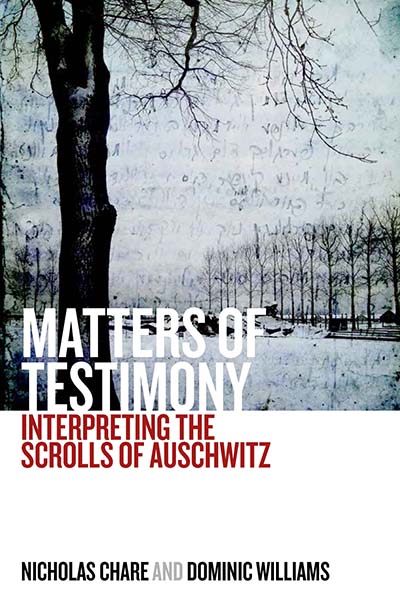 by Nicholas Chare & Dominic Williams
by Nicholas Chare & Dominic Williams
Nicholas Chare and Dominic Williams are the authors of Matters of Testimony: Interpreting the Scrolls of Auschwitz and recently published an article about the book on Slate’s blog, The Vault.
The Hungarian director László Nemes was moved by writings known as the Scrolls of Auschwitz to create the award-winning film Son of Saul. The Scrolls of Auschwitz comprise a variety of documents composed by members of the Sonderkommando, or Special Squad, a group of predominantly Jewish prisoners who were tasked with running the crematoria at Auschwitz-Birkenau. These writings were buried in the grounds of the crematoria in 1944. Between 1945 and 1980, eight caches of documents by five known authors were recovered. The writings have retrospectively become known as the Scrolls of Auschwitz, as this is how the historian Ber Mark’s book Megiles Oyshvits, which transcribes several of the manuscripts, was translated into English in 1985.
Continue reading “Searching for Feelings: The Scrolls of Auschwitz and Son of Saul”